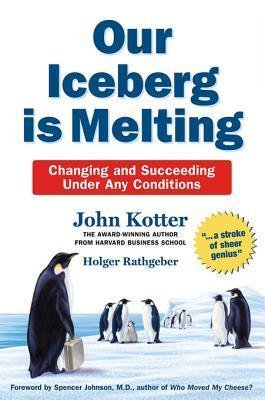
Reviews

The Last Lecture
A lot of professors give talks titled 'The Last Lecture'. Professors are asked to consider their demise and to ruminate on what matters most to them: What wisdom would we impart to the world if we knew it was our last chance? If we had to vanish tomorrow, what would we want as our legacy?
When Randy Pausch, a computer science professor at Carnegie Mellon, was asked to give such a lecture, he didn't have to imagine it as his last, since he had recently been diagnosed with terminal cancer. But the lecture he gave, 'Really Achieving Your Childhood Dreams', wasn't about dying. It was about the importance of overcoming obstacles, of enabling the dreams of others, of seizing every moment (because time is all you have and you may find one day that you have less than you think). It was a summation of everything Randy had come to believe. It was about living.

Lean In
Sheryl Sandberg’s Lean In is a massive cultural phenomenon and its title has become an instant catchphrase for empowering women. The book soared to the top of bestseller lists internationally, igniting global conversations about women and ambition. Sandberg packed theatres, dominated opinion pages, appeared on every major television show and on the cover of Time magazine, and sparked ferocious debate about women and leadership. Ask most women whether they have the right to equality at work and the answer will be a resounding yes, but ask the same women whether they'd feel confident asking for a raise, a promotion, or equal pay, and some reticence creeps in. The statistics, although an improvement on previous decades, are certainly not in women's favour – of 197 heads of state, only twenty-two are women. Women hold just 20 percent of seats in parliaments globally, and in the world of big business, a meagre eighteen of the Fortune 500 CEOs are women.

Everything that Remains
Twenty-something, suit-clad, and upwardly mobile, Joshua Fields Millburn thought he had everything anyone could ever want. Until he didn't anymore.
Blindsided by the loss of his mother and his marriage in the same month, Millburn started questioning every aspect of the life he had built for himself. Then, he accidentally discovered a lifestyle known as minimalism...and everything started to change.
In the pursuit of looking for something more substantial than compulsory consumption and the broken American Dream, Millburn jettisoned most of his material possessions and walked away from his six-figure career.

Our Iceberg is Melting: Changing and Succeeding Under Any Conditions
In Our Iceberg is Melting a simple fable about penguins illustrates how to conquer change, with profound lessons for working and living in an ever-changing world.
This charming story about a penguin colony in Antarctica illustrates key truths about how we deal with the issue of handle the challenge well and you can prosper greatly; handle it poorly and you put yourself at risk. The penguins are living happily on their iceberg as they have done for many years. Then one curious penguin discovers a potentially devastating problem threatening their home – and pretty much no one listens to him.
The characters in this fable are like people we recognize, even ourselves. Their story is one of resistance to change and heroic action, confusion and insight, seemingly intractable obstacles and the most clever tactics for dealing with those obstacles. It is a story that is occuring in different forms around us today – but the penguins handle change a great deal better than most of us.

The Pilgrimage
Step inside this captivating account of Paulo Coelho's pilgrimage along the road to Santiago. This fascinating parable explores the need to find one's own path. In the end, we discover that the extraordinary is always found in the ordinary and simple ways of everyday people. Part adventure story, part guide to self-discovery, this compelling tale delivers the perfect combination of enchantment and insight.

Essentialism: The Disciplined Pursuit of Less
Have you ever found yourself stretched too thin?
Do you simultaneously feel overworked and underutilized?
Are you often busy but not productive?
Do you feel like your time is constantly being hijacked by other people’s agendas?
If you answered yes to any of these, the way out is the Way of the Essentialist. The Way of the Essentialist isn’t about getting more done in less time. It’s about getting only the right things done. It is not a time management strategy, or a productivity technique. It is a systematic discipline for discerning what is absolutely essential, then eliminating everything that is not, so we can make the highest possible contribution towards the things that really matter.

Quiet: The Power of Introverts in a World That Can't Stop Talking
At least one-third of the people we know are introverts. They are the ones who prefer listening to speaking; who innovate and create but dislike self-promotion; who favor working on their own over working in teams. It is to introverts—Rosa Parks, Chopin, Dr. Seuss, Steve Wozniak—that we owe many of the great contributions to society.

The Big Thing
Whether it’s the Great American Novel or a groundbreaking new app, many people want to create a Big Thing, but finding the motivation to get started, let alone complete the work, can be daunting. In The Big Thing, New York Times business writer and editor Phyllis Korkki combines real life stories, science, and insights from her own experience to illuminate the factors that drive people to complete big creative projects—and the obstacles that threaten to derail success.

He Said, She Said: Writing Effective Dialogue
Dialogue that drones on, clutters the page, or stalls the scene can ruin even the best of novels. Learn to avoid common dialogue pitfalls and dazzle your readers, editors, and agents with snappy scenes and smooth-as-silk transitions between dialogue and narrative. “He Said, She Said” is packed with innovative instruction, detailed information, and essential exercises to help your dialogue skills mesmerize and impress.

With New Eyes
Heidi Siefkas lost her health, her career, and her marriage after she was struck by a one-thousand-pound tree branch. While she made great strides in her physical and emotional recovery in the months that followed—an arduous process that she chronicled in “When All Balls Drop” —Heidi wasn't content to merely survive her setbacks. The time was right to build a new life. One she could live on her own terms.
But what would a redesigned life look like? In her quest for answers, Heidi returned to her childhood home in Wisconsin, dove into the South Florida dating scene, revisited old flames in New England, sold her first home, jumped out of a plane, and traveled alone to South America. Every leg of her journey provided a healthy dose of perspective.


